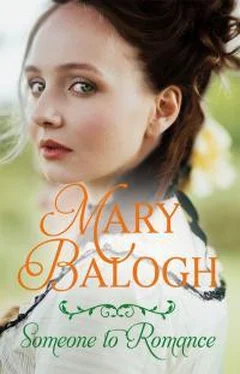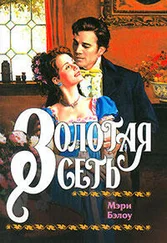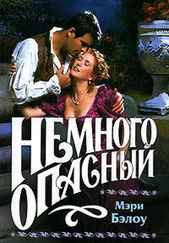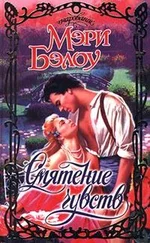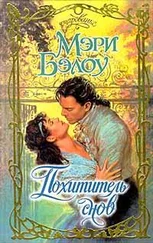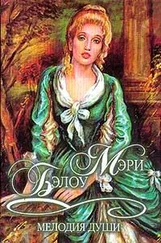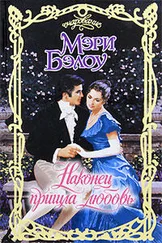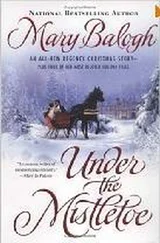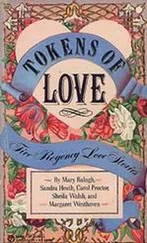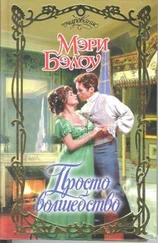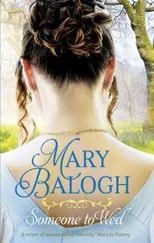An inheritance brought me back. And a family situation that necessitated my being here in person.
She could remember his saying those words at Richmond.
Surely . . .
“Lady Jessica,” Mr. Rochford said, speaking low in her ear, “would you do me the honor of presenting me to the Dowager Countess of Riverdale and the lady beside her, who I believe is her sister?”
But as he was about to offer his arm, Anna came to join the group and he turned to compliment her on her appearance and bow over her hand, which he raised to his lips.
Grandmama, Jessica saw when she turned her head, was nodding in her direction and smiling even as she was saying something to Aunt Edith. It looked as though they approved of what they saw.
Mr. Rochford had known his cousin well—or well enough , to use his exact words. Surely even after thirteen years a cousin one had known well enough would not have become totally unrecognizable.
Besides, Gabriel was not that uncommon a name. She would surely be able to think of one or two others if she set her mind to the task.
Nine
It had not taken Gabriel long to understand that he had been invited to Lord and Lady Hodges’s party as a possible suitor for Lady Estelle Lamarr, while Rochford was being matched up with Lady Jessica Archer. He was seeing the less than subtle hand of the Westcott family at work, if he was not greatly mistaken, or at least of its female members. Both young ladies, extremely eligible, must be a bit of a worry to their fond relatives, for both were almost certainly past the age of twenty yet remained unmarried, unbetrothed, and seemingly unattached.
What the family had perhaps not taken into account, at least in the one case, was the character of Lady Estelle. She had a winning smile and an air of open candor. And a twinkling eye. He had noticed all three as well as her prettiness at the Parley ball.
“I wonder if you understand, Mr. Thorne, that we have been thrown together to discover if we like each other,” she had said to him when he already did understand after Lady Molenor had made a point of presenting him to her—again—and then disappearing at an imagined call from another family member.
“I am flattered,” he said, smiling back at her. “I am considered an eligible connection, then, for the daughter of a marquess?”
“Oh, I do not doubt that your supposed American fortune and your connections here in England would be looked at very closely indeed if you were to make an offer for me to my father,” she said. “I am his only daughter and he is very protective. I also have a twin brother who would check your credentials just as thoroughly even if Papa did not. But you are Lady Vickers’s kinsman, and she and Sir Trevor are your godparents. Sir Trevor Vickers is a prominent member of the government and is held in high esteem.”
“Ah,” he said. “Then I can aspire as high as to your hand, can I?” He was rather enjoying himself, he realized.
“Well, you can ,” she agreed. “But you would be foolish to do so.”
“I am devastated.” He set one hand over his heart and she laughed. “Is it something I said?”
“Hard as it is for my family to understand,” she told him, tapping her closed fan against his sleeve, “I am not ready for marriage yet, Mr. Thorne. Eventually, perhaps, but not now.”
“And I cannot sway your resolve?” The twinkle in her eye told him that she fully realized he was not devastated.
“You cannot, alas,” she said. “This coming autumn the lease will come to an end on the house—my father’s house—where Bertrand and I spent much of our childhood. The tenants will be leaving. Once the house is empty, Bertrand intends to take up residence there, and I plan to go with him. We are twins, you know, and enjoy a close bond. I do not doubt he will wish to marry eventually, and I am quite sure I will too. But first I want to go home. I want to spend time there. With my brother. And with myself.”
“Leaving home, going home,” he said. “They are pivotal, emotionally charged moments in life.” He knew something about them. “I must look elsewhere, then, for a bride.”
They continued to smile at each other, but with a little less amusement than a few moments before. He understood her, and perhaps she knew he did.
“Perhaps Jessica?” she suggested, and laughed. “Now she is eligible. Even more than I am. Though I do pity the man who has to face Avery to ask for her hand. He can be terrifying.”
“I may have to decide if I am willing to take the risk, then,” he said just as they were joined by her twin and a friend she introduced as Mrs. Overleigh.
If he had been invited here as a possible suitor for Lady Estelle, Gabriel thought, then his continued presence here was redundant. Rochford was fawning all over Lady Jessica. How the devil was he going to use this occasion to some advantage in order to romance her? He had not set eyes upon her for three days, and though she might have seen the humor of the pink rose the first day, the joke might have worn a bit thin on subsequent days. Besides, he did not suppose a joke was romantic. But what else was he to do? He found it difficult, even impossible, to be ostentatious. He would feel downright embarrassed about sending a bouquet. The next thing he might find himself doing was kissing his fingertips and blowing her a kiss or gazing soulfully at her.
He discovered as the evening progressed that this was not the sort of party at which one spent the whole time in the same place with the same set of fellow guests. These people were adept at moving about, aligning themselves with different groupings, keeping the conversation fresh and touching upon any number of topics. No one dominated any conversation, though Gabriel suspected Rochford would have done so if he had been allowed. But almost immediately after he had divulged that damning and astoundingly inaccurate information about Gabriel Rochford and his relationship with him, both Riverdale and Lady Hodges deftly turned the subject without being at all obvious about it. Both had perhaps felt that such conversation was not appropriate to the occasion, though young Peter Wayne, one of Molenor’s sons, had been agog with interest.
It was a strange tale Rochford had told. He had been just a boy when Gabriel went to America—a boy he had never met and had known next to nothing about. Yet there had been the story about his own wildness and its gradual development into vice and rape and murder. Had all these lies come from Anthony Rochford’s father? After thirteen years, without any contrary story being told, were the details now etched in stone? Had Rochford told the story tonight with the sole purpose of blackening the name of a cousin he assumed was not alive to speak for himself? So that no one would question the moral as well as the legal right of his father to take over the title?
Lady Hodges had moved to include Viscountess Dirkson and another lady in the group, and Lady Estelle had turned away with her friend when two young men, Dirkson’s son, Gabriel believed, and the friend’s husband, drew their attention. The Duchess of Netherby had approached to say good evening to Rochford. He was bowing over her hand and raising it to his lips.
“Lady Jessica,” Gabriel said, seizing the opportunity, “do you play the pianoforte?” There was a grand pianoforte in one corner of the drawing room, though no one had yet gone near it.
She raised her eyebrows in that haughty way of hers. “Well,” she said, “I do , but I do not lay claim to any great talent. My music teacher told me one day when I was still a child that I played as though I had ten thumbs instead of just two and eight fingers. All my governess could say in my defense was that it was unkind of him to speak so candidly. And when I ran to Avery to complain, all he did was look at me with that pained expression he is so good at and ask me what my point was.”
Читать дальше
